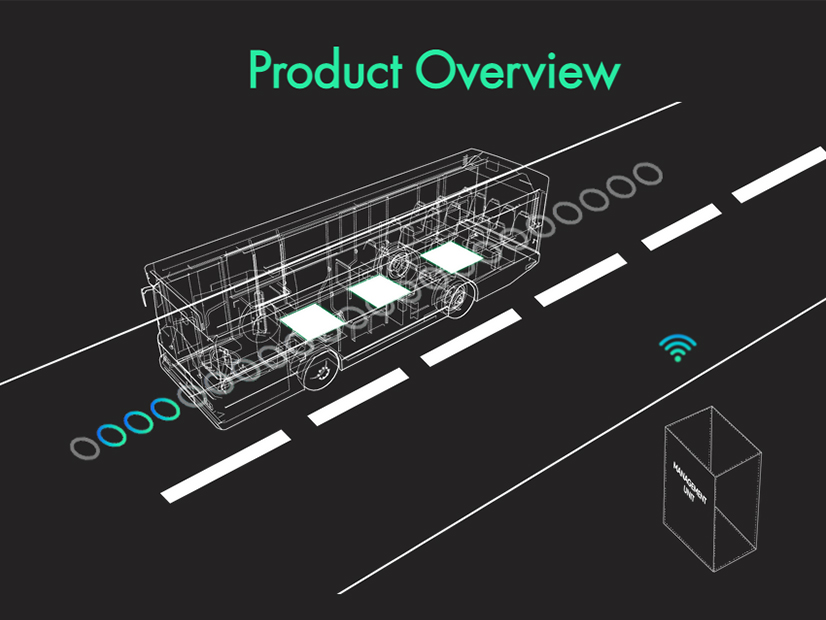
Michigan’s largest investor-owned utility is starting a rebate program to encourage electric vehicle owners to charge their vehicles overnight at home.
Consumers Energy (NYSE:CMS) announced the “Bring Your Own Charger” program providing a $10 monthly benefit to electric customers who charge an EV at their residence between 11 p.m. and 6 a.m. using a Level 2 charger or 240-volt charging cable. The incentive — equivalent to 4,600 free miles based on 3 miles/kWh, at $0.078/kWh — will be eligible to all Consumers customers, whether they acquired a charger when they purchased the car or a charger is provided by Consumers.
The benefit will come as a credit on the customer’s monthly bill.
Consumers’ spokesperson Brian Wheeler said it wasn’t clear now how many customers might be eligible for the program, but he hoped in a few years, thousands of customers would take advantage. To date, the company has issued rebates for slightly more than 1,000 public and home charging stations, including 30 fast public chargers. Wheeler said within three years the company hoped to have 200 fast-charging locations and more than 2,000 chargers at homes and businesses.
The announcement came several days after Gov. Gretchen Whitmer (D) announced the state’s plan to create the first wireless charging infrastructure on a public road in the U.S.
The Inductive Vehicle Charging Pilot, a partnership between the Michigan Department of Transportation and the Office of Future Mobility and Electrification, will create an electrified roadway system that allows buses, shuttles and vehicles to charge while driving. Whitmer said MDOT will seek proposals to test and implement the pilot on a one-mile section of state road in Wayne, Oakland or Macomb counties.
Wheeler said Consumers’ announcement was coincidental to the governor’s announcements, as the program had been in the works for a while. The company’s announcement was made during National Drive Electric Week. State legislators currently have proposed bills to add charging stations to public rest areas before them in committees.
Encouraging EV charging in the overnight hours will put less strain on the state’s electric grid, Wheeler said, as most electric use comes during daylight. Some residences may need to upgrade their electric service, he acknowledged.


